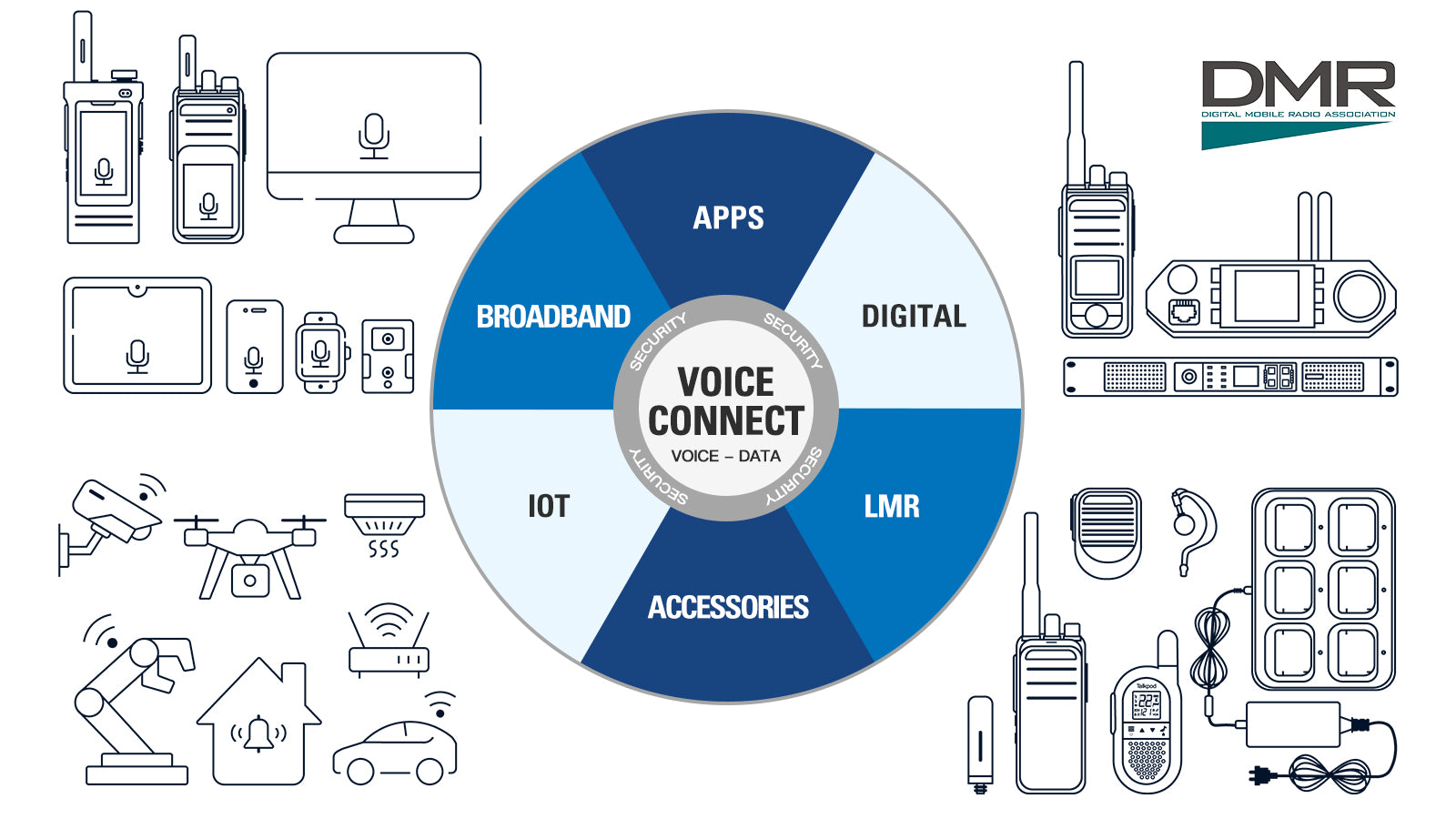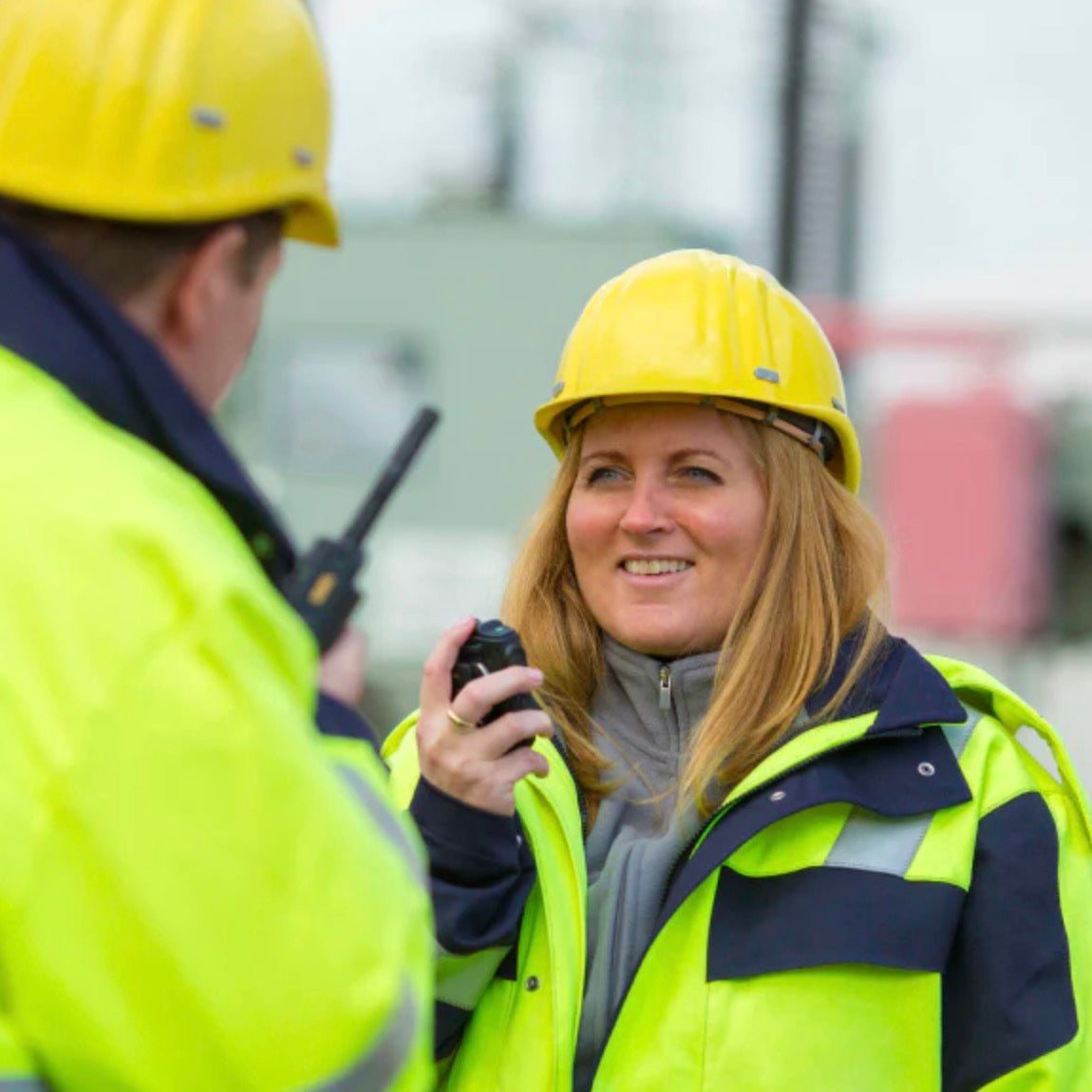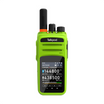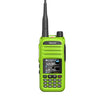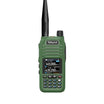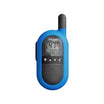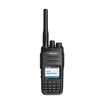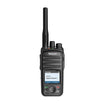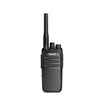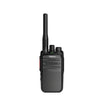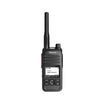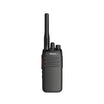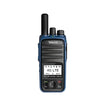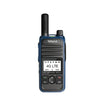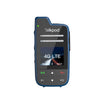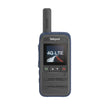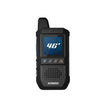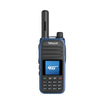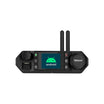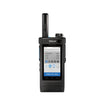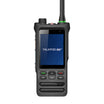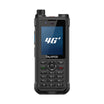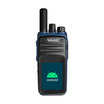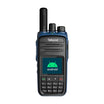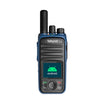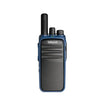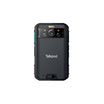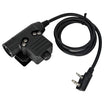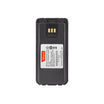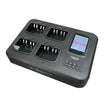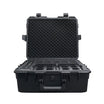The safety and security of students and staff are paramount in the K-12 education system. However, schools across the U.S. face significant challenges that threaten this safety and disrupt the learning environment.
Rising Violence in U.S. Schools
Recent statistics paint a troubling picture of safety in schools:
- 7,478 incidents involving explosives or firearms in one year.
- 30,193 knife or sharp object incidents reported in the same period.
- An 80% violence expectancy rate across 83,000 U.S. schools.
Decreasing Funding
- 35 states are operating with funding below 2008 levels, constraining resources for safety measures and educational programs.
The Solution: Digital Radios in Education
Lifeline for Safety and Communication
Digital Radios stand out as an effective solution, addressing the critical need for reliable and instant communication:
- Unified Communications: Ensure seamless contact across the school grounds and beyond, fostering a safer environment.
- Instant Alerts: Immediate notification system for staff and emergency services, enabling faster response times to prevent or control dangerous situations.
- Group Calls & Tracking: Facilitate coordinated responses and keep track of staff and student movements in real-time.
- Hands-Free Operation: Safe, hands-free communication within school vehicles, fully compliant with U.S. Department of Transportation regulations.
- Reliability & Coverage: Superior to cell phones, digital radios provide excellent coverage without gaps, ensuring communication even in adverse conditions.
- Cost-Effectiveness: An economical choice compared to the recurring costs associated with cell phone plans.
The Pitfalls of Cell Phones
While ubiquitous, cell phones have significant limitations in a school setting:
- Fragmented Communication: Inconsistent signal and coverage lead to gaps in communication.
- Emergency Response: Lack of a dedicated emergency button can slow down the response during critical incidents.
- Reach and Accessibility: Difficulty in reaching all students and staff promptly, especially during emergencies.
- Regulatory Restrictions: Usage in school vehicles is restricted by U.S. DOT guidelines.
- Weather & Emergency Vulnerability: Cell networks can become overloaded during bad weather and other emergencies, rendering them unreliable.
Conclusion: Embracing Digital Radios for Enhanced School Safety
Digital radios offer a robust solution to the pressing challenges faced by K-12 schools. By adopting digital radio technology, schools can enhance safety, improve communication, and ensure a secure learning environment for students and staff alike. In contrast to the limitations of cell phones, digital radios provide a reliable, cost-effective, and regulatory-compliant communication tool, making them an indispensable asset for modern educational institutions.


